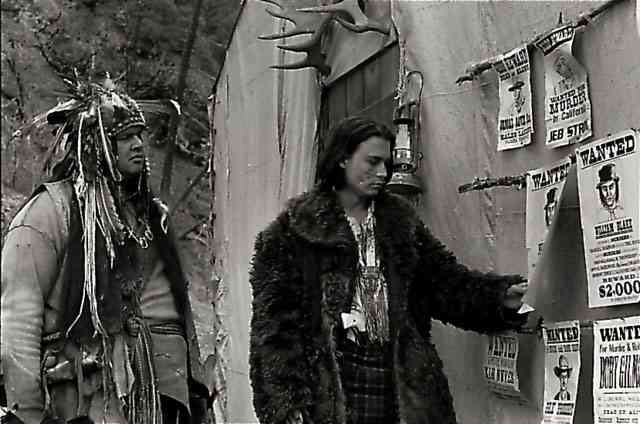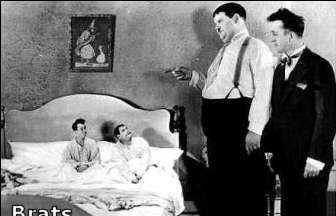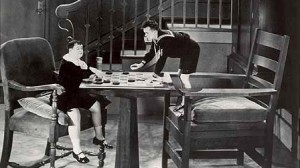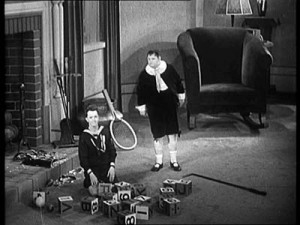From the Chicago Reader (January 10, 1997). — J.R.

Compiling a list of the best new (or “new”) movies that opened in Chicago in 1996, I’ve come up with 40 titles, half of which are foreign-language pictures. Many of my colleagues would regard choosing so many foreign movies as perversely esoteric, but it’s hard for me to fathom why. I willingly concede that this country has one of the strongest national cinemas in the world — probably the greatest, which is fully reflected in my including 19 American films in my list and only 5 from France; 3 from Taiwan; 2 apiece from England, Hong Kong, and Iran; and 1 each from mainland China, Denmark, Italy, Poland, Russia, Spain, and Vietnam.
Of course I haven’t seen nearly as many non-American films as American, but I’ve made a stab at seeing those that have made it to Chicago. I have long been bewildered by how the majority of my colleagues almost never mention any cinema that isn’t English-language when they draw up their end-of-the-year lists. Is American cinema really that wonderful and non-American cinema really that awful? Of course not; the reason most reviewers don’t include foreign pictures on their lists is that they don’t see them. Read more
A chapter from my book Film: The Front Line 1983. Apart from integrating a footnote into the main body of the text and eliminating a long out-of-date filmography, I’ve kept this text pretty much as I wrote it.
Adynata exists on both film and DVD, but, discounting unofficial/pirated/ underground sources, seems available, alas, only at institutional prices (from Women Make Movies and Electronic Arts Intermix — the latter of which also distributes X-Tracts and Jennifer, Where Are You?, both on video, along with Thornton’s subsequent works, 21 titles in all). One can, however, access her radically different and recent Novel City (2008), about seven minutes long, which draws on a few of Adynata‘s sounds and images and adds several others, here. — J.R.

X-Tracts (1975) and Adynata (1983) have one very interesting and crucial aspect in common: they are montage films structured around the possibility ofan auto-critique, the activity of reading one’s self. The fact that Thornton performs this work in X-Tracts is what gives the film interest; the fact that we are able to perform this work in relation to Adynata is what gives it an even greater interest and importance. Read more
From Monthly Film Bulletin, September 1975. — J.R.
Brats
U.S.A., 1930
Director : James Parrott

Cert–U. dist–Kingston. p.c/p–Hal Roach. For MGM. story–Leo
McCarey. dial–H. M. Walker. ph–George Stevens. ed–Richard Currier.
l.p–Stan Laurel (Himself/His Son), Oliver Hardy (Himself/His Son).
732 ft. 20 mins. (16 mm.).

While Laurel and Hardy try to play checkers, they are repeatedly interrupted by the fights and antics of their two sons, miniature replicas of themselves; eventually they send them up to bed. After putting on their pyjamas, the kids continue to wreak havoc: as Hardy Jnr. looks under the bed for a mouse, it crawls on to his bottom, and Laurel Jnr. fires at it with a toy gun; Hardy Jnr. howls in pain, and Laurel Jnr. fills the bathtub to offer him relief, leaving both taps on. They spar with boxing gloves before their fathers appear once more, and Hardy is persuaded to sing them a lullaby; when one of the kids asks for a glass of water and Hardy opens the bathroom door, the room is flooded.

A clever use of double sets — each room scaled separately to match the respective sizes of fathers and sons — and a baby Hardy without a moustache aren’t really enough to make this more than a minor Laurel and Hardy effort, although there are a few compensations along the way, most notably Laurel’s adage that “You can lead a horse to water but you can’t make a pencil lead”, and Hardy’s lullaby, which quickly gravitates into a scat-yodeling exercise. Read more





